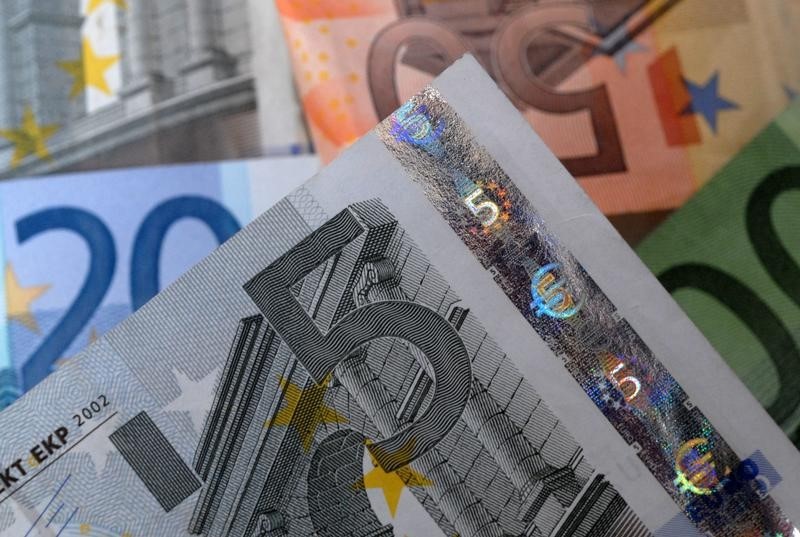The euro witnessed a notable decline against the US dollar on Monday, dropping by 1% to reach a session low of 1.0462. This downturn marks the euro’s most substantial daily loss since November 6, reflecting growing concerns over political stability in France. The fall in the euro’s value is symptomatic of broader market anxieties linked to shifting political dynamics in the eurozone, particularly in light of recent events surrounding the French government.
French Prime Minister Michel Barnier’s decision to circumvent a parliamentary vote for parts of a crucial budget bill has ignited considerable political turmoil. By employing a constitutional mechanism to push through the social security bill, Barnier has faced immediate backlash from opposition parties. This strategic move has raised alarms about governance transparency and accountability, prompting various political factions to explore significant pushback against Barnier’s leadership.
The tension escalated as both the far-right National Rally, led by Marine Le Pen, and the hard-left France Unbowed expressed their intention to submit a no-confidence motion against Barnier’s government. Le Pen characterized the current political landscape as one of public dissatisfaction, emphasizing that the populace is growing weary of the ongoing crisis and ineffective governance. Her critical perspective underlines a significant partisan divide, which could lead to turbulent debates as the opposition seeks to regain control.
Echoing the sentiments of Le Pen, Mathilde Panot from France Unbowed underscored what she termed a “democratic denial” under Barnier’s administration. She pointed to political chaos as a defining characteristic of President Emmanuel Macron’s tenure. This united front against the government’s tactics signifies a precarious turning point, with opposition parties consolidating their efforts against perceived authoritarian measures taken by Barnier and his administration.
As political uncertainty looms over France, financial markets have responded nervously, as evidenced by the euro’s declining value. Investors are closely monitoring the situation, knowing that any further developments could exacerbate the euro’s fortunes and affect France’s economic outlook. Notably, the euro has hit a year-to-date low of 1.0335, setting the stage for heightened volatility in the currency exchange markets moving forward.
The unfolding political crisis in France and its repercussions for the eurozone underscores the delicate interplay between governance and financial stability. With potential no-confidence motions on the horizon and a fragmented political landscape, market participants remain vigilant about how these dynamics will shape the future of the euro and broader economic conditions in France. As the situation develops, it may set the tone for not only France’s political future but also for the stability of the euro in a challenging economic environment.






